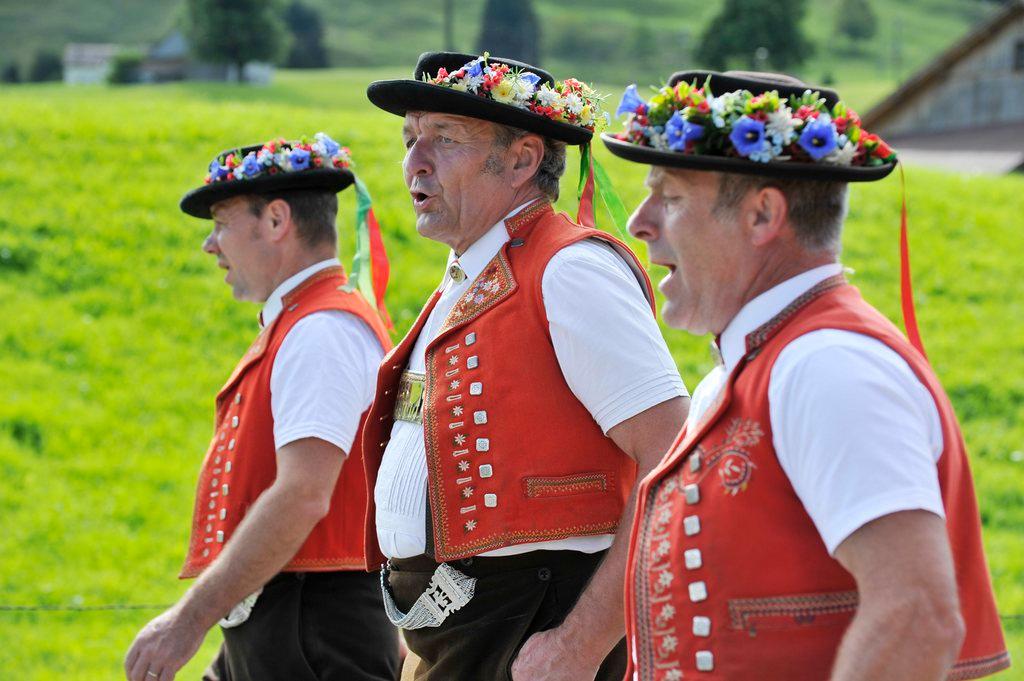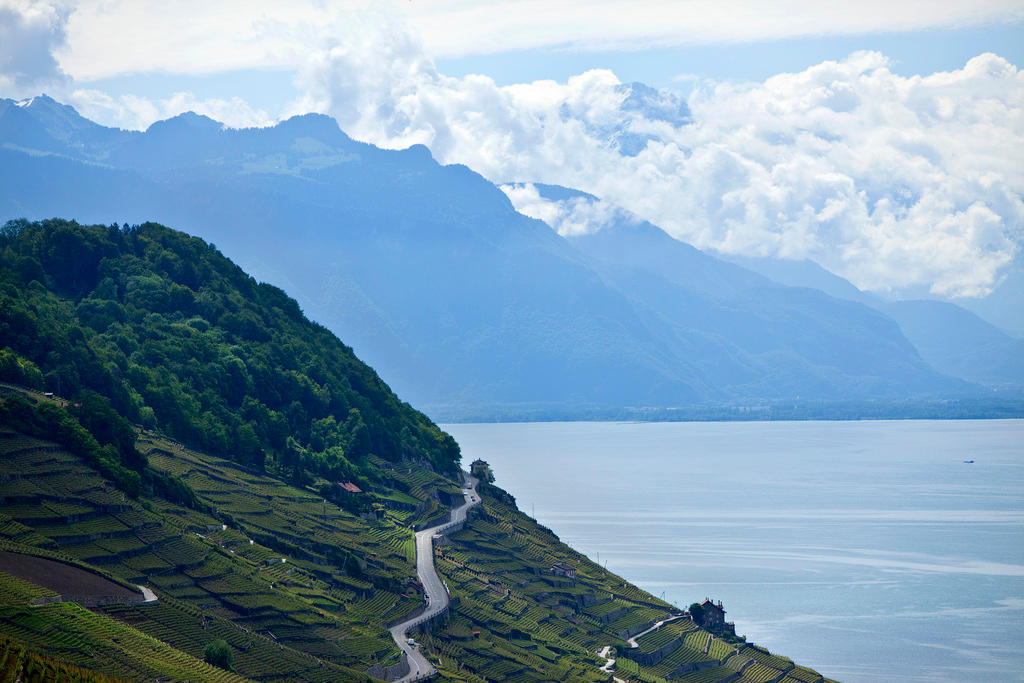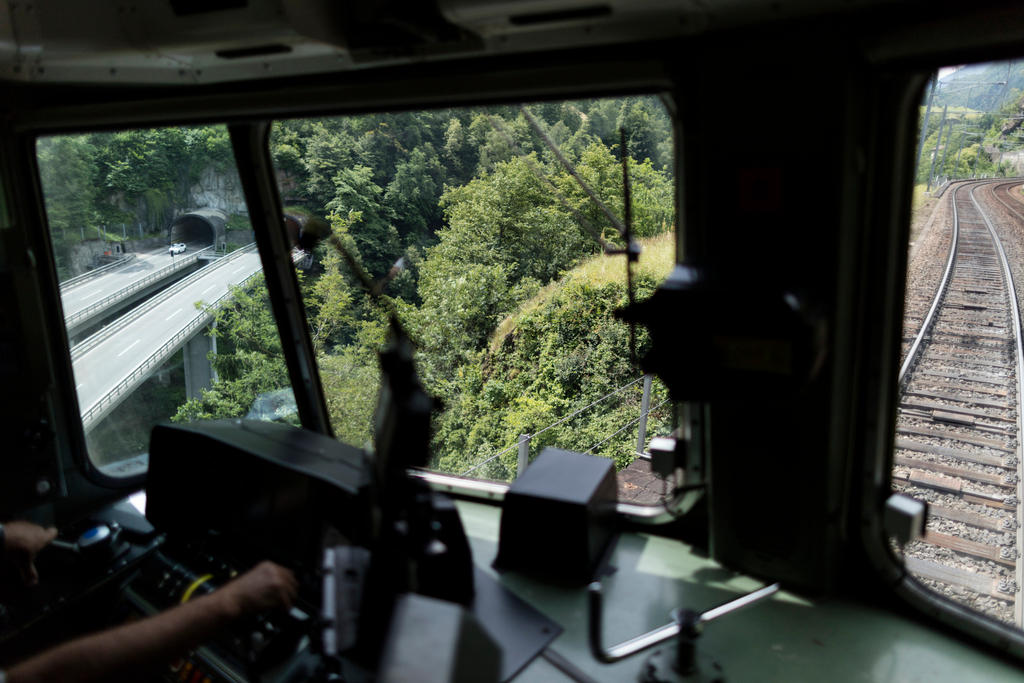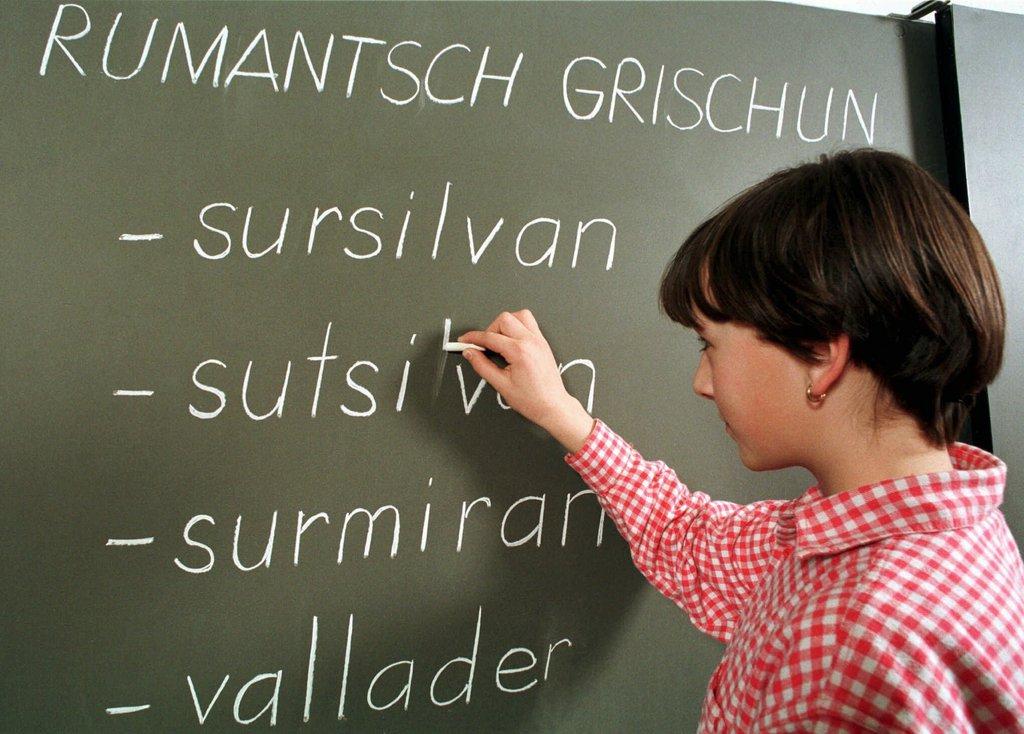Yodelling, speaking Romansh, and driving a train

Here are some of the stories we will feature in the week beginning June 5.

Monday
Folk music in Switzerland is experiencing a renaissance – the yodelling and traditional tunes played on stringed instruments are becoming more popular, and are not just for religious or conservative political events anymore. But is commercialisation harming the richness of this Swiss tradition?

Tuesday
In this fourth instalment in our series on English-language writers in Switzerland, Clare O’Dea visits American author Alison Anderson to learn about her approach to novel writing and translation. Having been drawn to Switzerland many times throughout her childhood and adult life, the author of The Summer Guest and Hidden Latitudes now makes her home on the shores of Lake Geneva.

Wednesday
On Wednesday, Swiss Federal Railways driver Lea Steppacher welcomes a swissinfo.ch journalist aboard her RE460 commuter train for a high-speed interview. Climb aboard for a first-hand look at what it’s like to drive a Swiss train on one of its famously punctual journeys.

Thursday
Society is becoming increasingly digitised, and that means that there is an increasing need for education systems to adapt by integrating new technologies, and teaching students computational thinking skills. But it’s not as simple as handing every student an iPad, and a new start-up incubator in Lausanne aims to tackle the challenges.

Friday
With about 60,000 speakers in Switzerland today, Romansh is an endangered language. But despite fragmentation and discrimination as a “peasant language”, it has persisted over the years. What is the future of Romansh in Switzerland: will its popularity grow along with its use by some Swiss artists and musicians, or will it die out entirely?
In case you missed it:

More
The stories you won’t want to have missed in May

In compliance with the JTI standards
More: SWI swissinfo.ch certified by the Journalism Trust Initiative








You can find an overview of ongoing debates with our journalists here . Please join us!
If you want to start a conversation about a topic raised in this article or want to report factual errors, email us at english@swissinfo.ch.